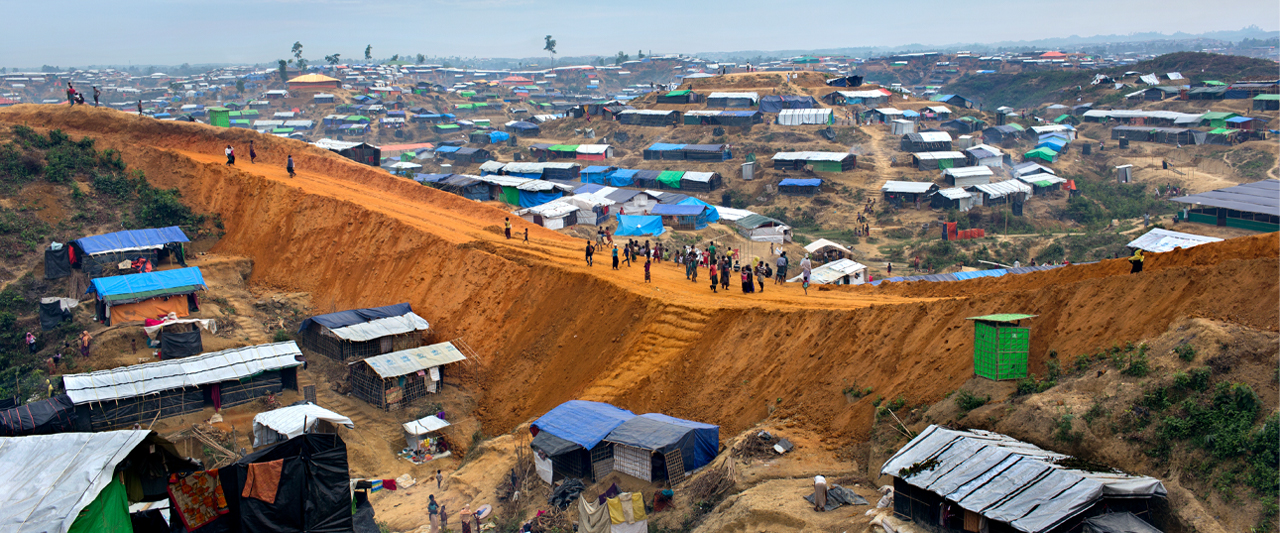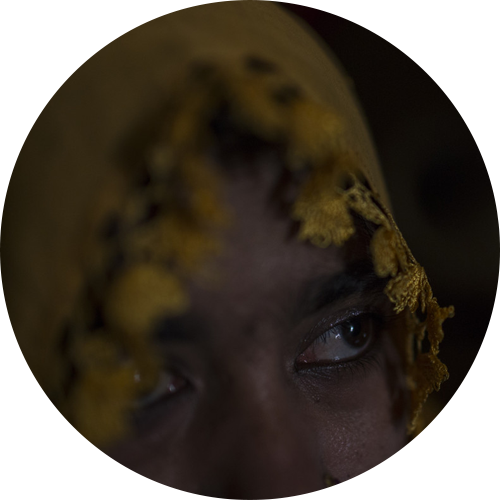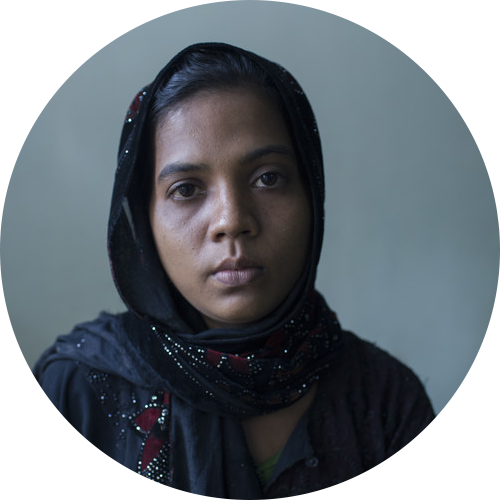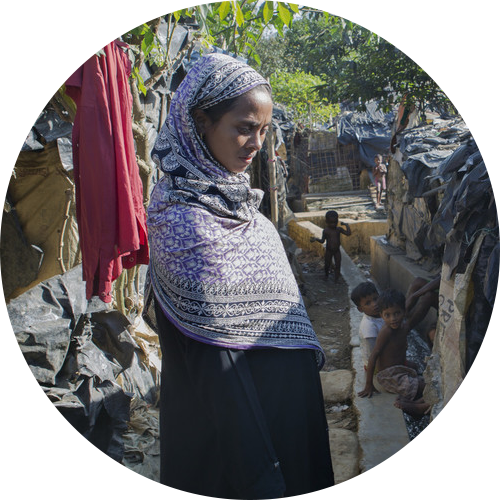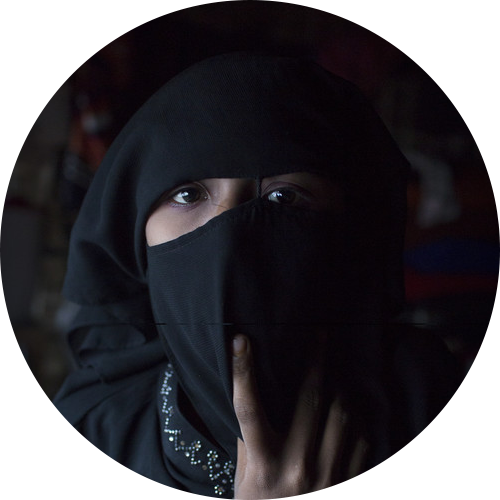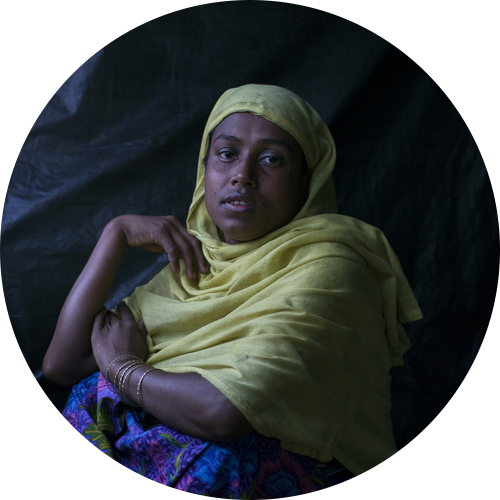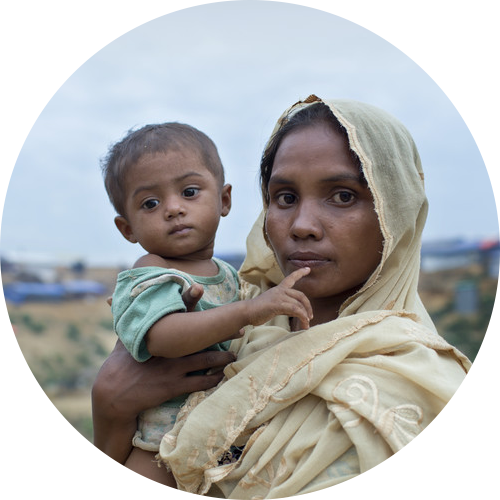Reproductive health care for Rohingya refugees
Since August 2017, around 700,000 Rohingya have fled Myanmar for Bangladesh and more continue to seek refuge every day. They are living in registered or makeshift refugee camps.
The camps, like Kutupalong, which is the largest, are overcrowded. The smell of waste, sweat, and small fires for cooking hangs in the air. Tents fashioned out of reeds and tarps perch precariously in the mud. Throngs of people crowd the latrines and newly dug wells.
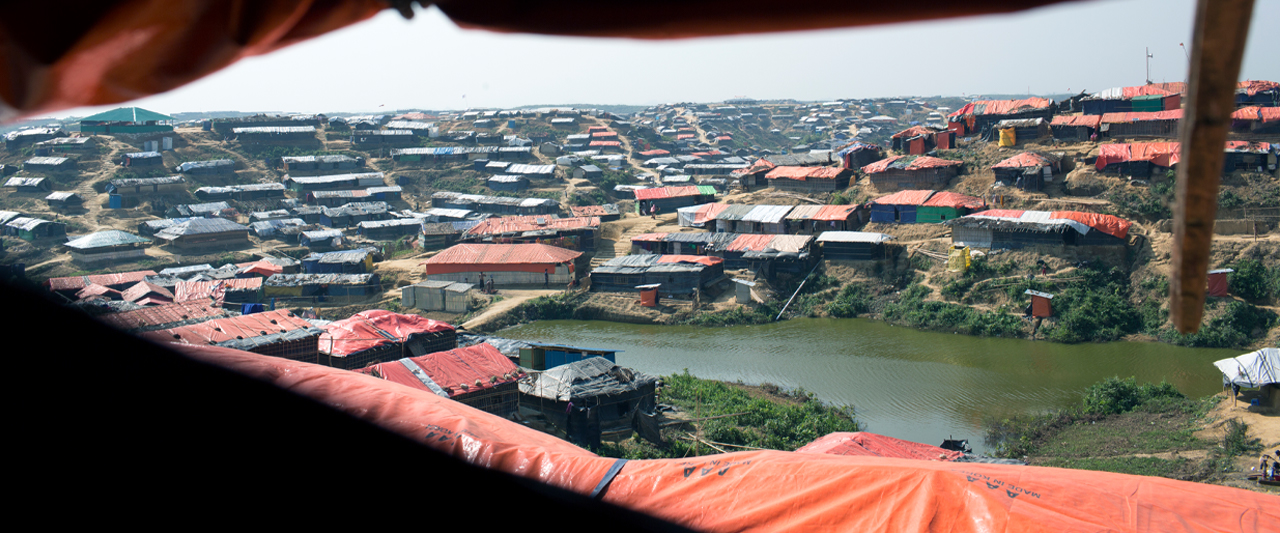
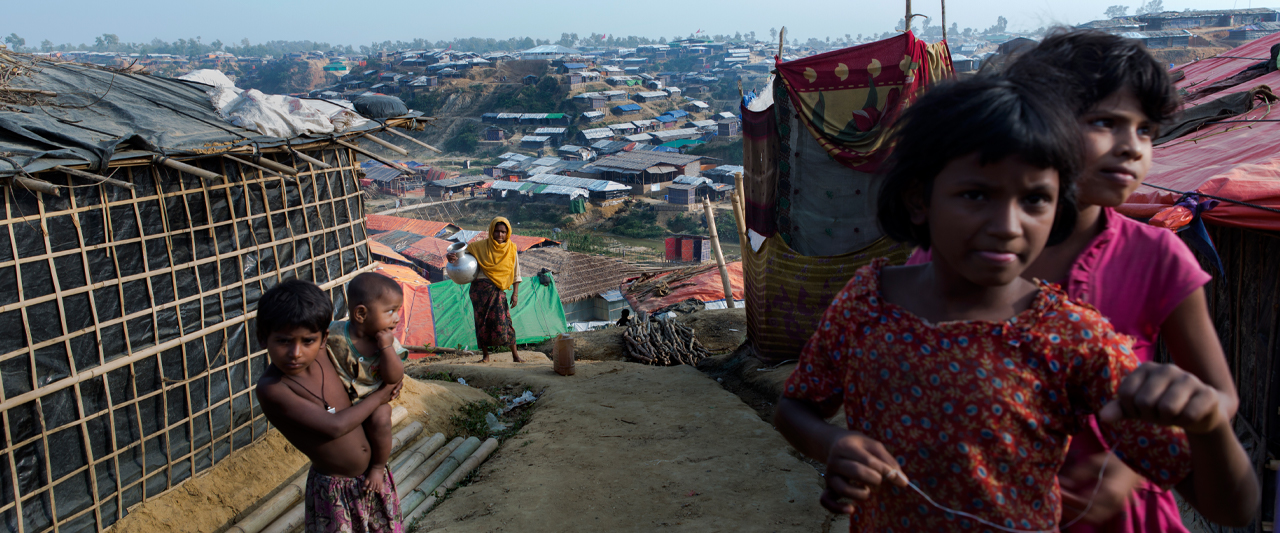
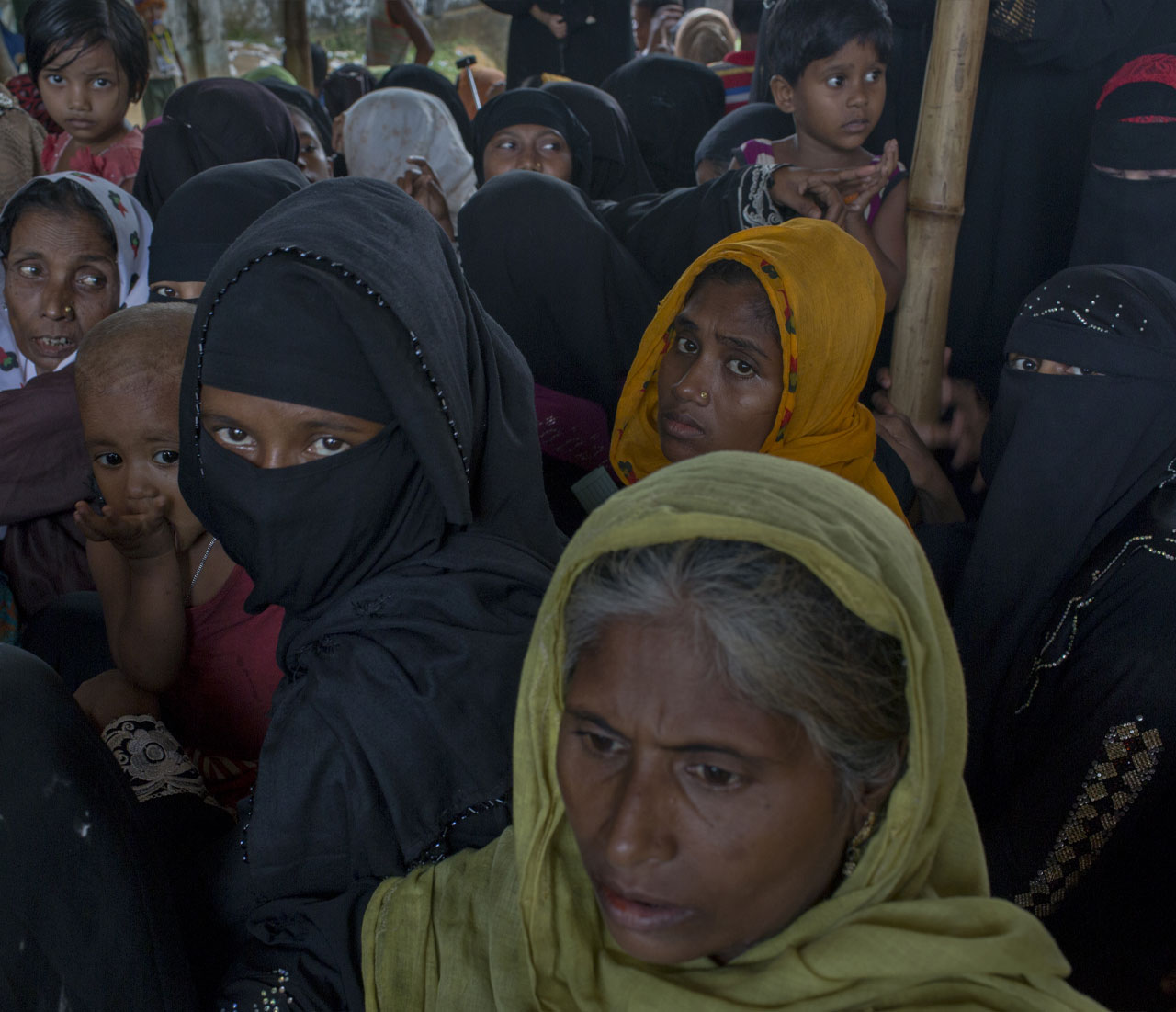
With partners, Ipas Bangladesh began working quickly in late 2017 to improve access to reproductive health services. We sent trainers to health facilities in the camps and to government health facilities serving the many refugees living outside the camps, in Cox’s Bazar District. Paramedics, midwives and doctors who go through the short training now provide abortion (referred to as “menstrual regulation” in Bangladesh) and treatment for complications of unsafe abortion (known as postabortion care). These services are now being provided at 33 facilities and there are plans to expand services to more.
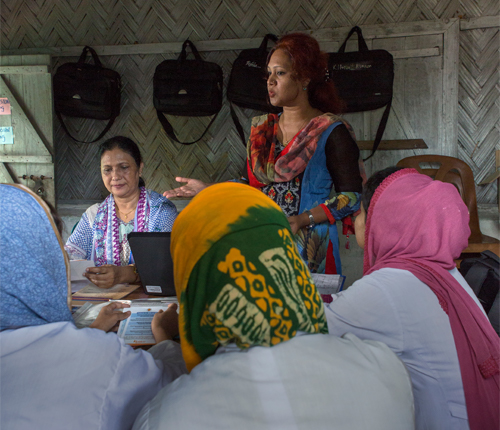
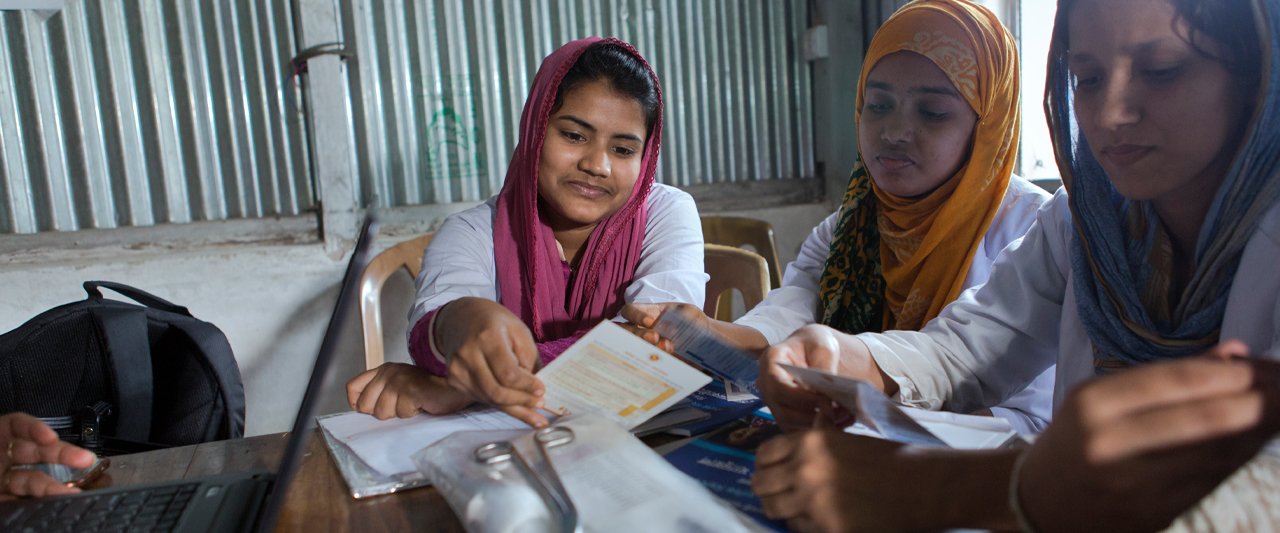
“Rape is a common weapon in crises. We need to have strong international support to ensure reproductive health services immediately. This is a critical need,” says Ipas Bangladesh Director Dr. Sayed Rubayet.
Photographs © Farzana Hossen
For more information, contact [email protected].


